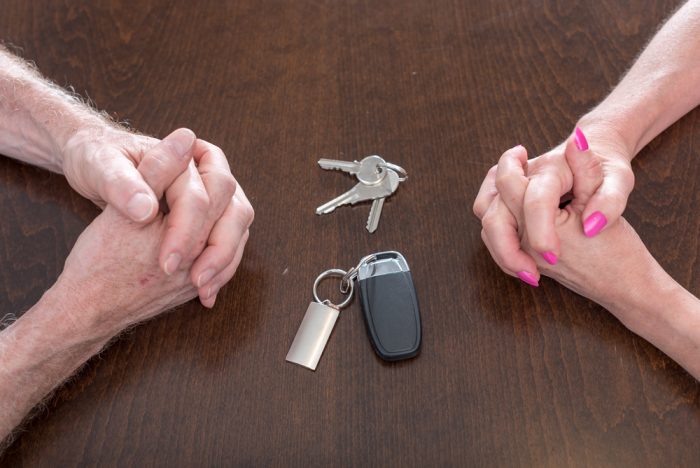Some people stick their cash in a traditional savings account so that it’s all in one place, but with different types of account offering a variety of benefits, it’s worth researching the options available to find the most rewarding one for you.
Wondering where’s the best place to save your deposit? Here are just a few options:
Help to Buy ISA
When saving a deposit, the Help to Buy ISA is pretty much a ‘no brainer’. For every £200 you save, the government will top up your savings with a further £50.Over the course of a few years you can save up to £12,000 in the Help to Buy ISA, meaning you’ll get a £3,000 top up from the government at the most.
You’ll receive the 25% government bonus on completion of your property purchase. As a result, the government bonus can only be used towards the mortgage deposit, not the initial home exchange deposit. Here we explain the difference between the two:
Home exchange deposit - During the property buying process, you’ll usually be asked to pay 5-10% of the property’s price once your offer is accepted. This will secure the property’s sale and ensure no one else can swoop in and snatch the property from you. You can’t use the government top up at this stage.
Mortgage deposit - The mortgage deposit is paid once the sale has been completed. This is when you’ll pay any other funds to the seller and you’ll receive the 25% top up from the government.
If you’re relying on the government bonus to boost your modest savings up to the minimum deposit required, this could cause a problem. However, most sellers will be willing to negotiate and if you explain the situation to your solicitor, you may be able to put down a smaller sum at the home exchange deposit stage. To learn more, take a look at our Help to Buy ISA guide.
Lifetime ISA
Like the Help to Buy ISA, the Lifetime ISA rewards you with a 25% government bonus on top of your savings. The key difference is that the Lifetime ISA can be used to fund retirement as well as your first property purchase.You can deposit up to £4,000 a year into the Lifetime ISA and if you were to keep the account for 32 years, you’d receive a £32,000 top up from the government.
Understandably, you might not want to wait so long to buy your own home, so you could keep the account for a much smaller period of time. Your Lifetime ISA must be open for a full year before you can use the money towards your own home. Take a look at our Lifetime ISA guide to learn more.
Cash ISA
Cash ISAs have long been a popular option for savers. You can save up to £20,000 a year into a cash ISA without paying tax on the interest you earn. However, with most cash ISAs offering interest around the 1.75% mark, your money may work harder in a different savings vehicle.Savings accounts
Traditional savings accounts are often the go-to place for those hoping to buy their own home. Opening a saving account and transferring money into it each month can be a great way of getting into the habit of making saving a priority. However, it’s wise to compare interest rates on these accounts before opening one. At the time of writing, interest rates are low and most savings accounts on the market offer little more than 1% interest.
Current accounts
Placing your deposit in a current account may be a more rewarding option than directing your funds towards a savings account. There are several current accounts on the market offering between 2 to 5% interest on your money.
Most current accounts have a limit as to how much you can deposit before you stop earning interest on extra funds. This limit can be as little as £2,000 to as much as £20,000. So if for example your limit was £5,000, you could place £5,500 in the account if you wish, but that extra £500 wouldn’t earn any interest.
As your deposit fund grows, you may decide to open numerous current accounts to cater for all your money. If you’re willing to switch from one account to another, some banks offer generous switching bonuses of upwards of £100.
To learn more about becoming a first time buyer and to find out how much you could borrow towards your own home, please get in touch with the team at TaylorMade Finance.

